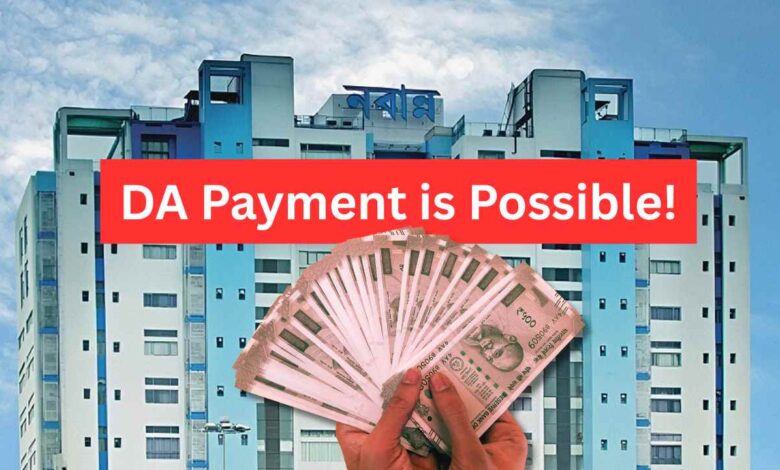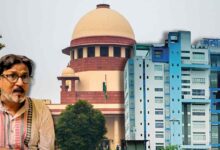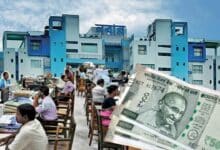Dearness Allowance: “DA Payment is Possible! The State Can If It Wants To – It’s Our Right!” Claims Confederation

Dearness Allowance: The long-standing legal battle over Dearness Allowance (DA) for West Bengal state government employees continues. Amidst this, Mr. Malay Mukhopadhyay, General Secretary of the Confederation of State Government Employees, West Bengal, has emphatically stated in a recent interview that the state government is fully capable of clearing the pending DA dues. According to him, the core issue is a lack of willingness, not a lack of funds.
Mr. Mukhopadhyay highlighted that employees have been deprived of approximately ₹15,000 crore in DA over the past six years. While the state government cites financial constraints, the Supreme Court recently issued an interim order directing the state to pay 25% of the outstanding DA within six weeks. This, he argues, underscores that DA is a legal and constitutional right that cannot be denied to employees.
Unlocking the Funds: How DA Payment is Feasible
Countering the state government’s claims of financial inability, Mr. Mukhopadhyay and his organization have strongly argued that paying the DA is indeed possible. Their detailed analysis reveals a significant avenue for sourcing these funds:
“The state government has kept numerous posts (around 4.5 lakh) vacant, opting instead for contractual or re-employed staff. This has resulted in substantial savings in salary and pension expenditures,” Mr. Mukhopadhyay explained. “These saved funds, estimated to be around ₹15,000 crore over the last six years, could comfortably cover the pending DA. Therefore, if there’s a will to pay the DA, financial constraints shouldn’t be an obstacle.”
He further asserted that if the government can allocate funds for various festivals and events (“Mela, Khela, Carnival”), the argument that it cannot afford to pay its employees their rightful dues is untenable. Thus, according to them, clearing DA arrears is not only just but also financially viable.
Mr. Mukhopadhyay also drew comparisons with the previous Left Front government, which, he stated, had provided a 16% DA with its pay commission, whereas the current administration began with 0%. Currently, West Bengal state employees receive 18% DA, a stark contrast to the 55% received by central government employees and those in many other states, which he termed discriminatory.
The interview also touched upon criticisms regarding certain alleged remarks made by the Chief Minister about protesting employees, which the High Court reportedly found unfortunate. Mr. Mukhopadhyay opined that the state government has only increased DA following court interventions, rather than taking proactive measures.
The Supreme Court’s directive also carries a warning: non-compliance within the stipulated timeframe (four weeks for notification and six weeks for payment) could lead to contempt of court proceedings against the Chief Secretary and Finance Secretary, highlighting the seriousness of the matter. Dearness Allowance, calculated based on the All India Consumer Price Index (AICPI), is a right. Mr. Mukhopadhyay accused the current government of denying this right for extended periods, which he views not just as an injustice but as a clear indication of the government’s lack of intent.
In conclusion, Mr. Malay Mukhopadhyay’s stance is clear: paying the pending DA to West Bengal state government employees is not only a legal obligation but also entirely feasible if the state government demonstrates the necessary willpower. Employees are now looking towards the Supreme Court’s final verdict, hopeful that their prolonged struggle will culminate in them receiving their due DA – because, as asserted, DA payment is possible.

